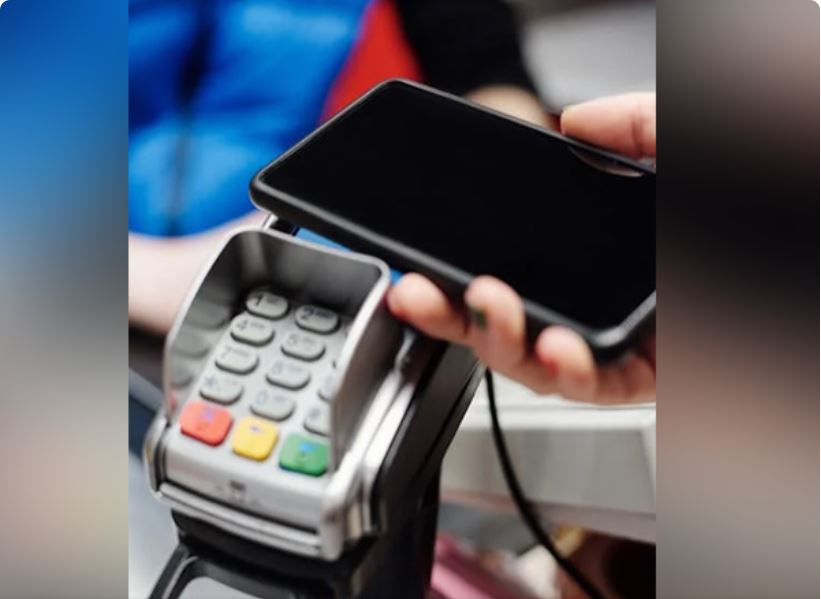
Mumbai: The latest report from Worldline has unveiled divergences in the trajectories of digital transactions in India. While UPI transactions have surged by 56 per cent year-on-year (YoY) in H2 2023, card transactions saw a modest growth of 6 per cent.
Startling revelations have emerged regarding the digital payments landscape in India for the latter half of 2023 (H2 2023). According to the report, the volume of UPI transactions surged to 65.77 billion from 42.09 billion in H2 2022.
Transaction value saw a phenomenal 44 per cent increase, from RS 69.36 trillion to RS 99.68 trillion during the same period.
Commenting on this trend, Ramesh Narasimhan, Chief Executive Officer - India, Worldline, says, "The year 2023 witnessed significant milestones in the payments ecosystem.
UPI maintains its position as the uncontested frontrunner, buoyed by substantial expansion in mobile transactions." He added, "This trend underscores users' growing confidence and familiarity with smartphone-based payment methods.
The proliferation of Point of Sale terminals has reached unprecedented levels, concurrent with the ascendance of mobile payments as a dominant transaction avenue.
This underscores the necessity for FinTechs to adjust to a diverse array of payment channels".
However, te average ticket size (ATS) for UPI transactions, experienced an 8 per cent decline from Rs1648 to Rs1515.
This downward trend in ATS suggests the increasing integration of UPI in smaller transactions, particularly person-to-merchant (P2M) transactions, reflecting the evolving preferences of consumers towards digital payment methods.
The report also says that payment acceptance infrastructure has also gone up substantially, with Point of Sale (PoS) terminals at 8.56 million, a notable 26 per cent increase.
Bharat QR (BQR) and UPI also experienced significant growth, underscoring the proliferation of digital payment options.
Both person-to-person (P2P) and person-to-merchant (P2M) transactions exhibited robust growth.
P2M transactions, in particular, witnessed a remarkable 77 per cent increase in volume and a 62 per cent increase in value YoY, indicating a shifting consumer behaviour towards digital payments for commercial transactions.
However, the ATS for UPI transactions saw a decline, P2P transactions witnessed a 4 per cent YoY growth in ATS, while P2M transactions experienced a 9 per cent decrease.
This suggests that the reduction in overall ATS is primarily driven by a drop in P2M transactions, aligning with the evolving dynamics of digital commerce.







